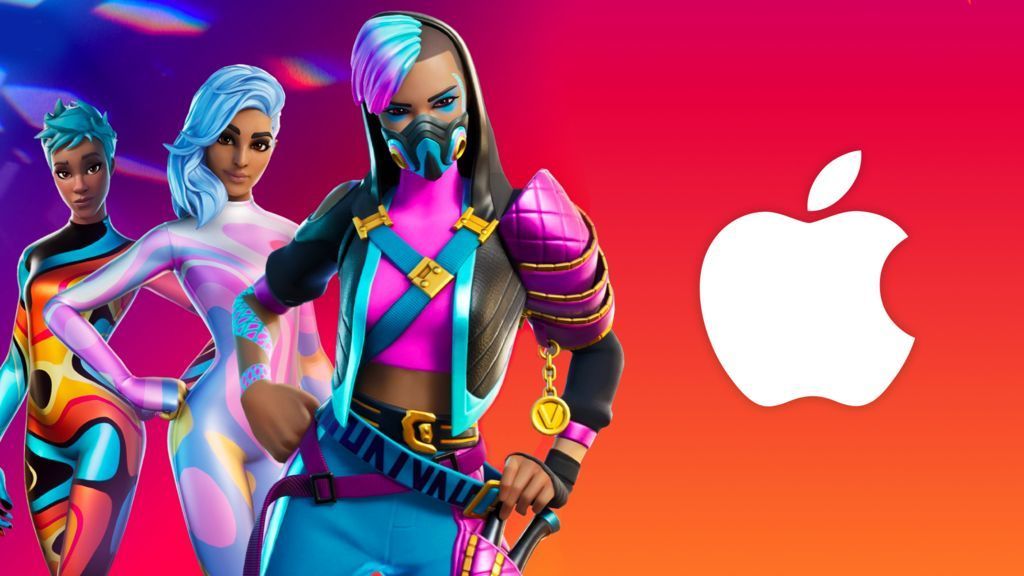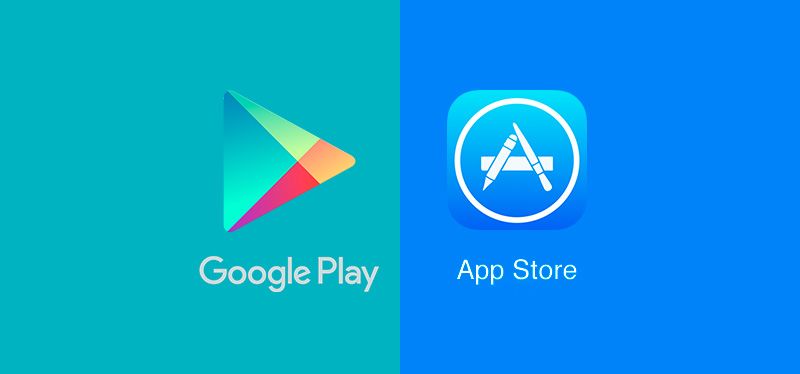Something 'EPIC' is happening to Apple

Epic, a game developing and publishing company has filed an antitrust lawsuit against Apple and Google.
The lawsuit came after both companies removed one of Epic's games from their app store. The game removed is one of Epic's most popular games- Fortnite.
The game implemented a new in-app purchasing system, that bypasses Apple's 30% fee. Apple claims this move circumvents verification, which is a violation of its guidelines. The boycott of this process bars Apple from instituting a 30% fee on all purchases made from Fortnite.
Epic makes money from the in-app purchases done by players of Fortnite. Players get to buy and upgrade weapons, avatars, character skin and so on with V-bucks, the game’s built-in currency. When players get low on V-bucks, they can buy more with real money. Since the implementation of this payment system, players get to buy V-Bucks at a cheaper price. The company presents this as a way for players to save more. For instance, buying 1,000 V-bucks via Apple's standard payment process would cost $9.99. But with the new system, it would cost $7.99.
According to Apple, “Epic enabled a feature in its app which was not reviewed or approved by Apple…and they did so with the express intent of violating the App Store guidelines regarding in-app payments that apply to every developer who sells digital goods or services.”
Apple says it does not plan on making any special arrangements for Fortnite. It says it seeks to create “a level playing ground for all apps”
On Thursday, Google followed suit by removing Fortnite from Play Store. Google says:
"The open Android ecosystem lets developers distribute apps through many app stores. For game developers who choose to use the Play Store, we have consistent policies that are fair to developers and keep the store safe for users. While Fortnite remains available on Android, we can no longer make it available on Play because it violates our policies. However, we welcome the opportunity to continue our discussions with Epic and bring Fortnite back to Google Play."
Other charges / Anti-Trust
Last year, Spotify also launched an antitrust lawsuit against Apple with the European Commission. The music streaming app is in direct competition with Apple Music. It complained due to the 30% charges on all in-app purchases, it can either record reduction in its revenue, push the cost to its customers or refuse to pay the fee and face hurdles set by Apple. According to Spotify, this gives Apple “unfair advantage.”
Apple was probed in July by the US Congress. Also included in the probe were Google, Amazon and Facebook. The probe was on allegations of ‘anti-trust and anti-competitive behaviour’. that they are using their position as behemoths in the tech world to stifle competition.

Apple CEO, Tim Cook, was questioned on the company's policies for app developers who publish on the app store. This line of questioning was due to emails which reveal Apple signing a 15% revenue share for subscriptions on Amazon Prime.
To bring this to scale: Microsoft, Google, Apple, Amazon, and Facebook currently have a combined market cap of about $5 trillion. This is larger than the GDP of the United Kingdom which stood at $2.8 trillion in 2019.
The Tension Building Up
This isn’t the first time Epic is using its popularity to turn its fan against a tech giant. Like déjà vu, in 2018, Epic launched its own Epic Games Store for Windows and macOS apps. The digital store would compete against Steam.
In defence of this move, the CEO of Epic, Tim Sweeney, told The Verge in 2018 that the large tech companies “make vast, vast profits from the sale of their devices and do not in any way justify the 30% cut.” Epic Games Stores charges only 12% of the game's revenue.
Why epic games (or any game at all) need to be on the app store
When an app gets published on an app store, it has to adhere to the rules set by the store or it gets kicked out. Why then do apps need the apps store?
Most important reasons are visibility and accessibility. The apps store makes it easy for smartphone users to find your app. The algorithm built into app store studies users' search queries and previous downloads, and it suggests other apps to the users.

Android devices allow users to download apps from the developers' website. But with iPhones and other Apple devices, the only way for iOS users to download apps is through Apple’s App Store. Some apps need payment to download, while some are free to download, but have in-app purchases.
Apple has sold millions of devices. For developers to get their products to users, the only available means is the iOS app store. Hence, many companies, like Epic, have no choice but to adhere to the rules of the app store.
Fortnite is one of Epic’s groundbreaking games. It is a free-to-play 3rd person video game set in in a post-apocalyptic era. It reached 100 million downloads from the iOS app store in 5 months. In March 2019, Tim Sweeney announced that Fortnite had 250 million players worldwide. So far, it has won several awards in the gaming category. In 2018, it won Best Multiplayer game, Best Ongoing Game and Breakthrough Game of the Year.
Although Fortnite is free to download, it makes a ton of money from its in-app purchases. The game made Epic a total of $1 billion one year after its launch. In 2019, it brought in a revenue of $1.8 billion.
But, the company is no longer willing to pay the required fee set by Apple. According to Epic, “Apple and Google do not in any way justify the 30% cut.”
What this lawsuit could mean?
Epic Games seem to have anticipated Apple's response to its actions. Immediately Fortnite got removed from the app store, it started the #FreeFortnite tag. It also released a Nineteen Eighty-Four parody video.
According to Dot Esports, a gaming blog, “if Epic wins, the entire mobile gaming market could change.” A statement from Epic lawsuit explains that “Apple has a monopoly in the iOS App Distribution Market.” When probed about this monopoly by the Congress during its hearing in late July, the CEO of Apple was noted to have said:
“If you’re a customer, and you don't like the setup, the curated experience of the App Store, you can buy a Samsung”
A statement like the CEO’s heightens the fear of many companies about the monopoly of the iOS app store.
Apple prides itself in the fact that iOS is a closed system. It is the sole mediator between the iOS apps developers and the users of Apple’s products.
This exclusivity has been very profitable for Apple. A study showed that the Apple App Store facilitated an estimated $519 billion in sales and billings. Its market capitalization currently stands at almost $1.9 trillion. This makes it the world’s largest public company. Bringing this to context, only 14 countries have a GDP that is higher than Apple’s market capitalisation.
Although the majority of antitrust cases get resolved out of court, Epic might want this case to reach trial. A win could establish a fundamental change in the digital marketplace scene. Any decision in favour of Epic is prone to hurt a large chunk of Apple’s business model.
Apple has retaliated, by threatening to remove all of Epic’s developer account from the entire iOS and macOS platforms. This move raises eyebrows because of its unrelated nature to the lawsuit by Epic. Apple has set a deadline of August 24 for Epic or it would kick off all its accounts.
Apple removed Fortnite from the App Store and has informed Epic that on Friday, August 28 Apple will terminate all our developer accounts and cut Epic off from iOS and Mac development tools. We are asking the court to stop this retaliation. Details here: https://t.co/3br1EHmyd8
— Epic Games Newsroom (@EpicNewsroom) August 17, 2020
This would affect the developers using Epic’s Unreal Engine to power their software, forcing them to seek alternatives.
Epic seems determined to win this. It might not just be a win for Epic alone, but several iOS apps developer.






